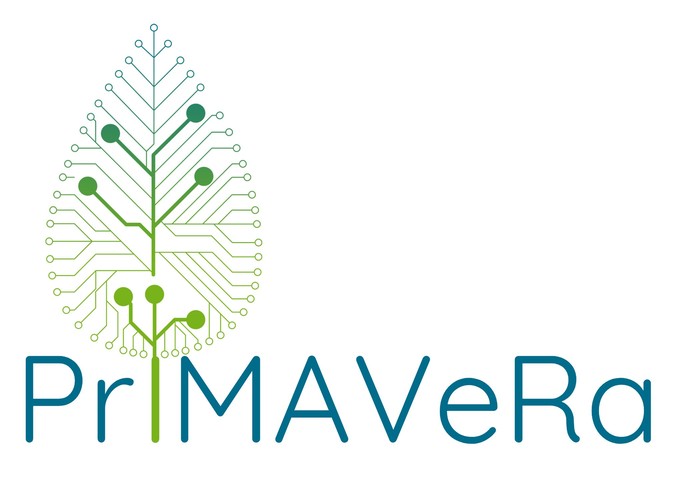
The Innovative Medicines Initiative 2 (IMI2) Joint Undertaking mobilises more than € 9 million to support PrIMAVeRa, a new public-private partnership dedicated to harnessing the power of big data and AI to steer the fight against antimicrobial resistance.
Antibiotic resistance (AMR) – the ability of microbes to evolve mechanisms that protect them from the drugs designed to kill them – is currently one of the top 10 major threats to human health[1]. Vaccines and monoclonal antibodies (mAb) – laboratory-made molecules that mimic the immune system's ability to fight off harmful pathogens such as viruses – can play a vital role in the fight against AMR since they are not subject to the inevitable obsolescence of antimicrobials. Currently, there are no comprehensive data-driven tools to inform decisions about the most efficient use of vaccines and mAbs in combatting AMR. This has discouraged investment in the development of vaccines and mAbs against drug-resistant pathogens, thus increasing the burden of AMR.
PrIMAVeRa is a new European project funded by the Innovative Medicines Initiative 2 (IMI2) with the goal of developing an open-source, web-based platform combining mathematical models with a comprehensive epidemiological repository (i.e., with data referring to health and economic outcomes). This platform will aim to enable policymakers to reach data-driven decisions regarding prioritisation of specific vaccines and mAbs, informing the strategic allocation of limited resources.
PriMAVeRa involves 19 partners across the EU, the UK and Russia, including 16 academic institutions and SME as well as GSK, Pfizer and Janssen as industry partners. It is coordinated by the European Vaccine Initiative (Germany), with the support of Professor Marc Bonten of the University Medical Center Utrecht (Netherlands) as scientific coordinator, and GSK as the industry lead.
The following main goals will be addressed by PrIMAVeRa in an integrated manner:
- Assessment of the availability and quality of published data and existing mathematical models of AMR;
- Setting up a comprehensive epidemiological repository;
- Development of improved mathematical models of AMR including cost-effectiveness analyses (CEA);
- Establishment of a plan for evaluation of the models in multi-country settings.
The ultimate goal of PrIMAVeRa is to develop comprehensive mathematical models to predict the impact of vaccines and mAbs on the reduction of AMR, thereby enabling decision-makers to prioritise the most promising new vaccines and mAbs. A sustainability plan will also be designed by the project partners with the goal to ensure long-term access to the project results, including models, beyond the duration of the PrIMAVeRa project.
Stats
- Recommendations +1 100% positive of 1 vote(s)
- Views 202
- Comments 0
Recommended
-

Alen Piljić
Managing director | Life Science Network gGmbH
Also:
- President | Research Elements Association